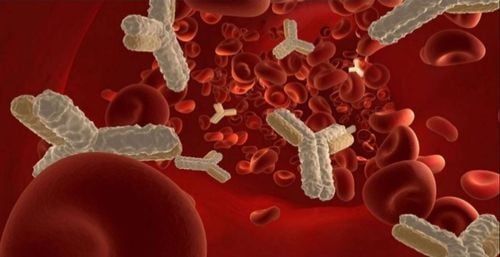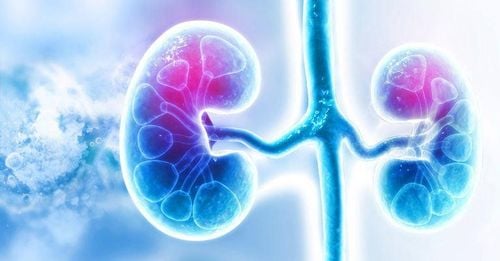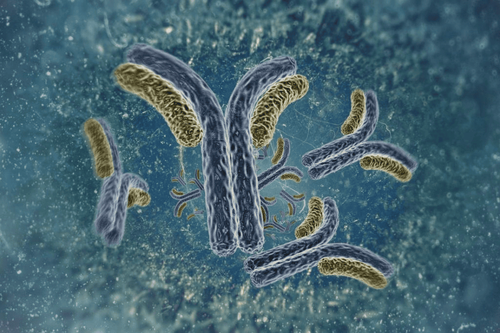This is an automatically translated article.
Blood proteins are proteins found in blood plasma that have an extremely important function that is considered an important indicator of the body. When the blood protein index is changed, it leads to many dangerous diseases.1. What is blood protein?
Blood is an extremely important component in the body's organization, blood circulates in the arteries, veins and capillaries of the body to perform important physiological functions.
Besides, blood also carries nutrients to tissues and carries waste products from tissues to excretory organs, the main function of blood includes excretion, protection, regulation and nutrition. .
In which blood proteins (plasma proteins) are proteins found in plasma that have extremely important functions such as:
Participate in the structure of the body. Creating colloidal pressure helps the body carry out the process of transporting and exchanging salts and water. In addition, protein also participates in the buffer system component, contributing to keeping the pH balance of the blood. In particular, protein is also an important factor in protecting the body: globulin is an immune factor that plays a role in protecting the body, besides fibrinogen also participates in the clotting process to help stop bleeding when scratched, injury. Transport hormones and enzymes, proteins are also responsible for transporting drugs such as antibiotics, coumarins, salicylates, sleeping pills..
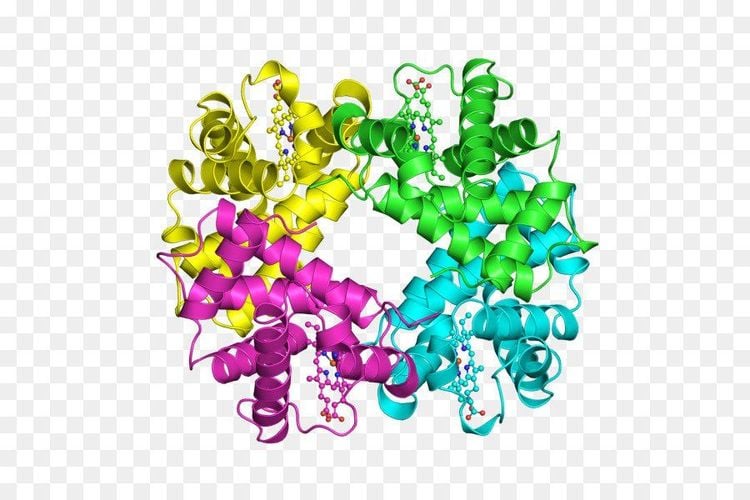
Protein máu là gì?
They serve a variety of functions, including transporting fats, hormones, vitamins and minerals in the functioning and function of the immune system. Other blood proteins act as enzymes, complement components, protease inhibitors or kinin precursors. In blood proteins, serum albumin makes up 55% of blood proteins, and is a major contributor to the maintenance of plasma osmotic pressure to aid in the transport of lipids and steroid hormones. Globulin makes up 38% of blood proteins and transports ions, hormones, and fats that support immune function. Fibrinogen consists of 7% protein in the blood; conversion of fibrinogen to insoluble fibrin is essential for blood clotting.
2. What is normal blood protein?
In normal people, plasma protein fluctuates between 60 and 80 g/l, in which albumin is from 38 to 54 g/l and globulin is from 26 to 42 g/l.
Electrophoresis can be used to analyze and quantify plasma protein components. This method is indicated for cases such as multiple myeloma, liver disease (cirrhosis, hepatitis...), kidney disease (fatty nephrotic syndrome, glomerulonephritis...), exhaustion, periodic health check...
Blood sampling: Blood sample taken in the morning, fasting: 3ml of blood without anticoagulation or anticoagulant with lithiumheparin.
3. Meaning of blood protein test
Quantitative test of total protein, plasma albumin is meaningful to evaluate the synthesis function of the liver.
Besides that, the measurement of protein in the blood also helps us to evaluate many other diseases when there is an increase or decrease in blood protein
Blood protein decreases in the following cases:
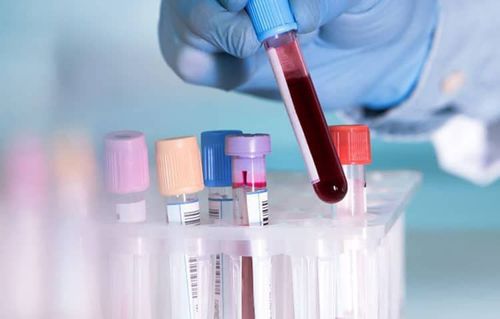
Ý nghĩa xét nghiệm protein máu
Decrease in protein supply for the body: Malnutrition, body exhaustion, digestive disorders, malabsorption... Diseases causing decreased protein production: Diseases causing decreased liver function such as cirrhosis, inflammation chronic liver disease... Kidney diseases that cause protein loss to the outside through urine such as: nephrotic syndrome, acute glomerulonephritis, chronic glomerulonephritis. malnutrition, cancer exhaustion, chronic hepatitis, Cirrhosis. Diseases causing increased protein use such as late-stage diabetes, cancer... In addition, blood protein levels increase in the following cases: multiple myeloma, plasmacytoma.
Please dial HOTLINE for more information or register for an appointment HERE. Download MyVinmec app to make appointments faster and to manage your bookings easily.







